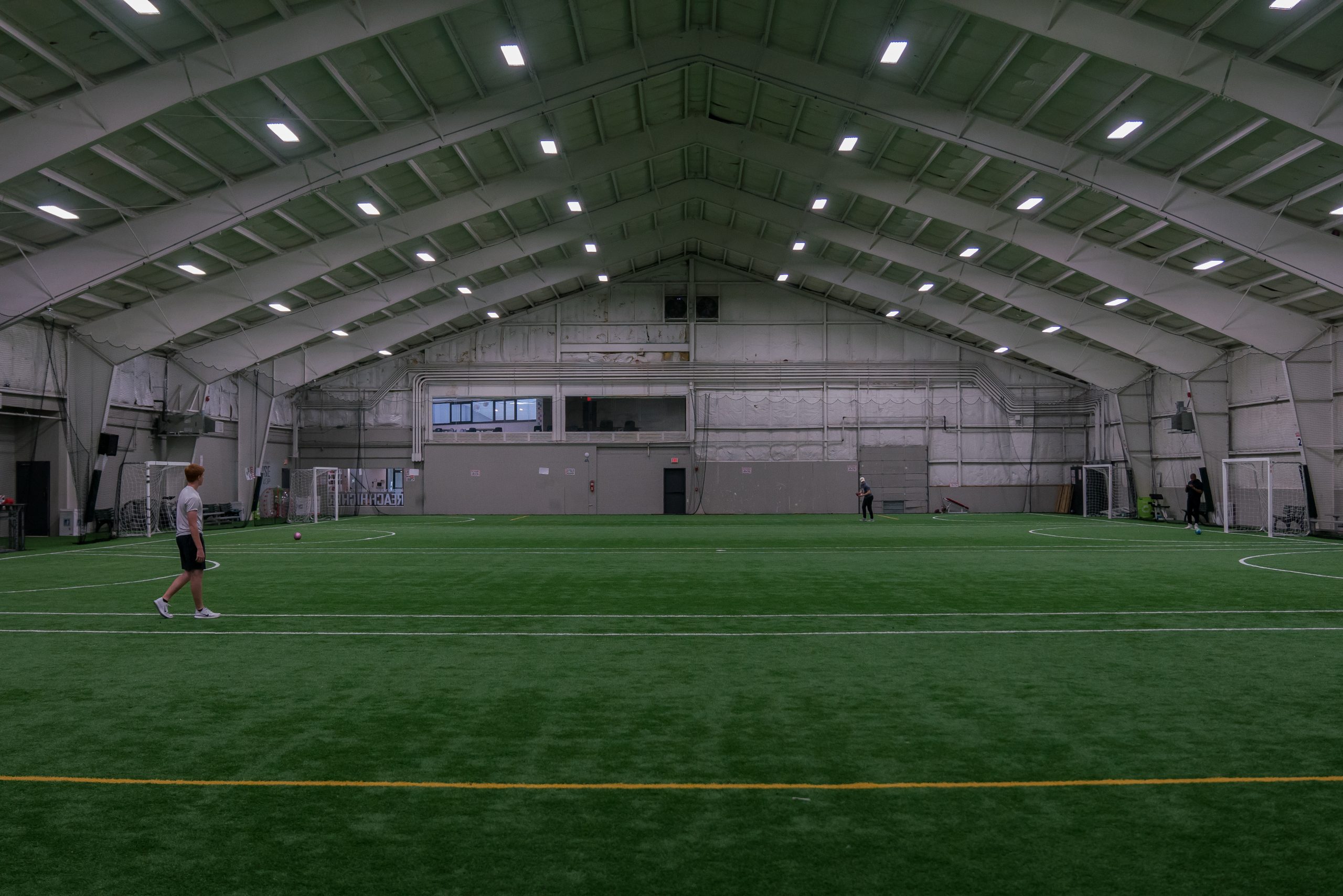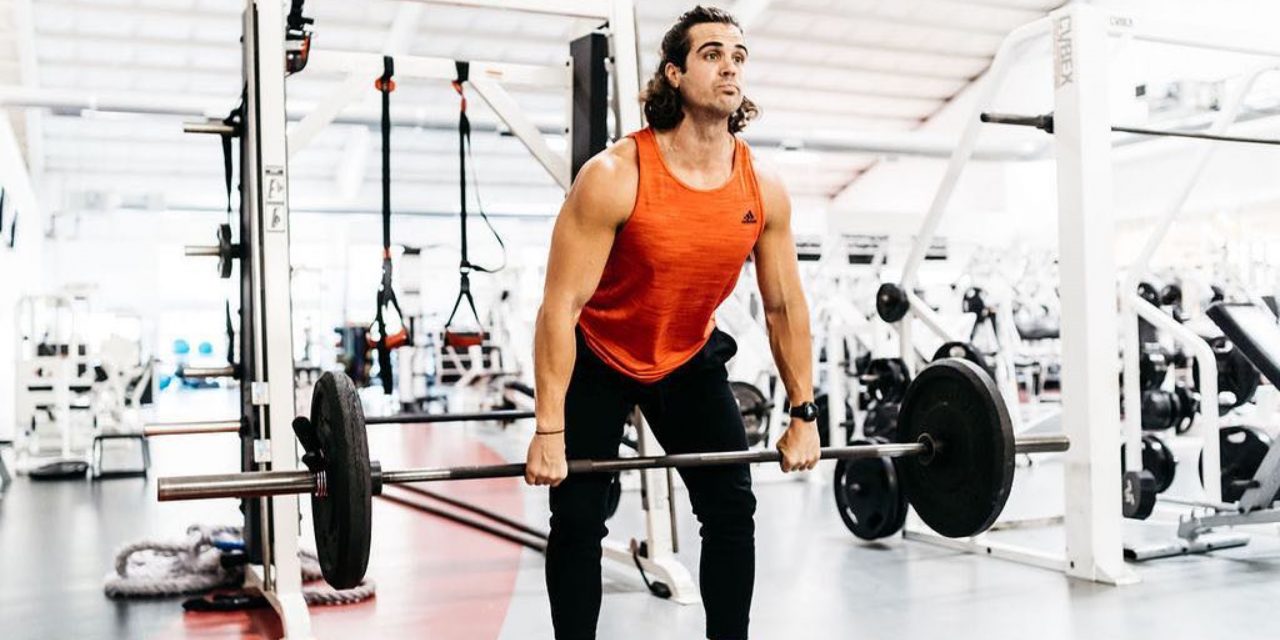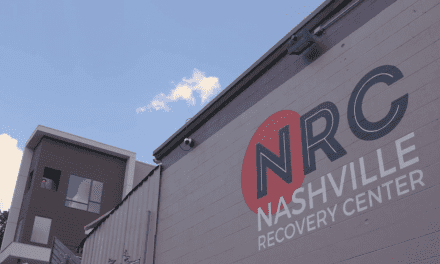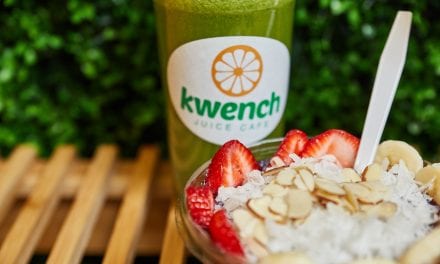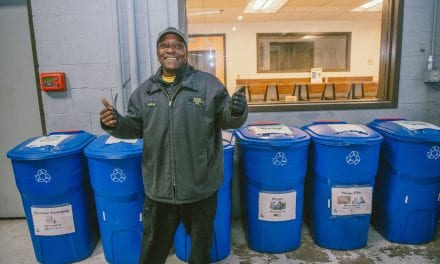Good health is something that we can easily take for granted—assuming we have it. However, when our health is compromised, it seriously diminishes our quality of life and can present a host of problems at work or at home.
BOOST FitClub (BOOST) co-founder Jon Sexton owns a health club because he appreciates what healthy living can do for a person’s quality of life. The proprietor of one of the largest health clubs in the Southeast, Jon became interested in helping others achieve their best health after watching loved ones get sick.
“I grew up with a mother who was diagnosed with emphysema when I was eight,” Jon tells Launch Engine. “I was actually credited with saving her life when I was at that age because her lung collapsed. My dad was out of town. It was just my sister and me out there at the home, and she was five years older… She couldn’t really breathe, and she was sort of crawling on the floor, calling for help. She really couldn’t do much, say much.”
Sadly, the heroic event of saving his own mother didn’t lead to a happy ending. Instead, it foreshadowed a more gradual slip into failing health.
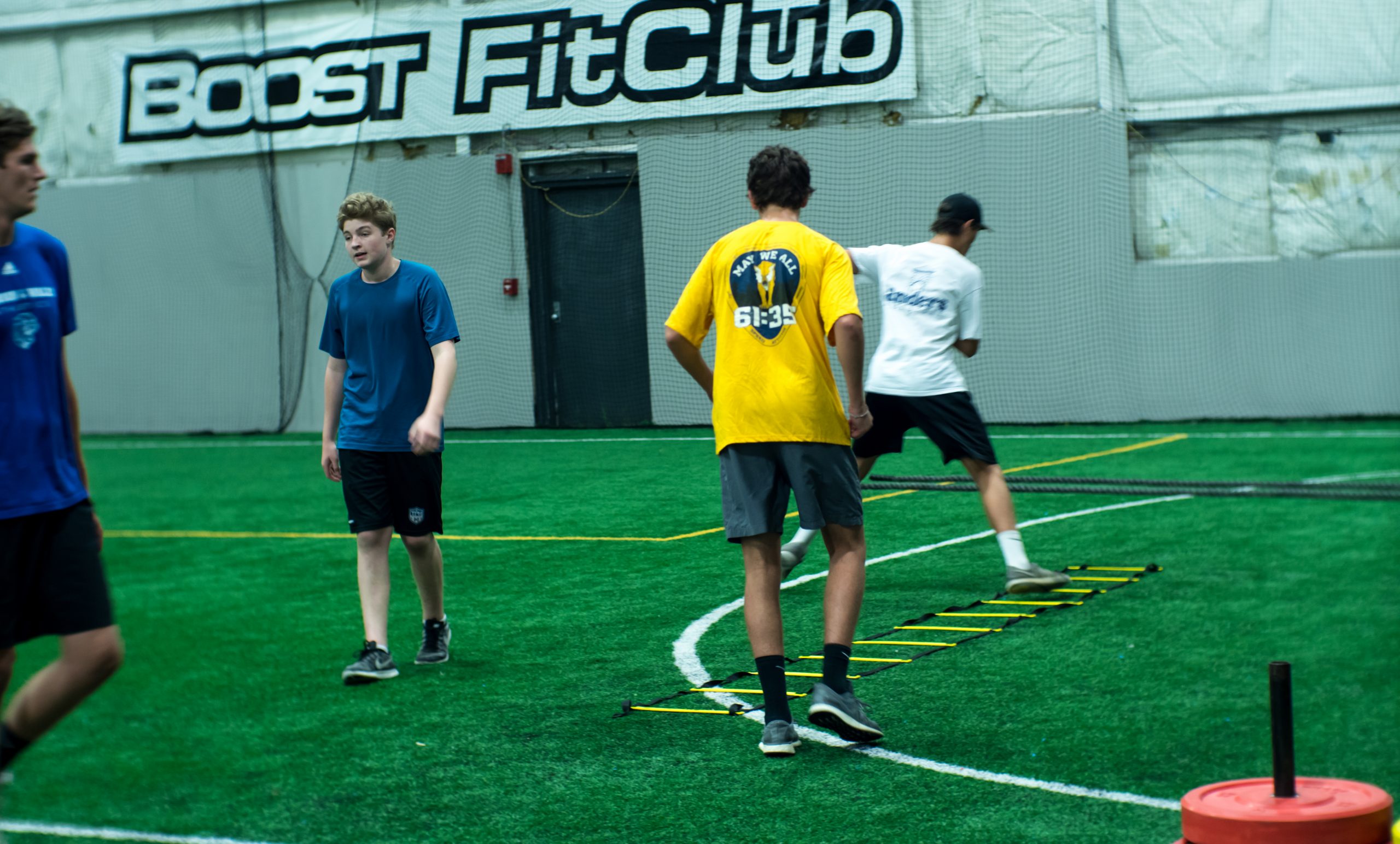
Jon explains, “My whole upbringing was caretaking…watching the quality of her life just sort of decline and decline quickly. So she ended up passing away when I was 20. So she dealt with this for 12 years, and it was just a slow death.”
Jon’s mother suffered from the same disease as her two brothers and her father, all of whom smoked. The passing of Jon’s mother offered a valuable lesson for him: One’s quality of life is important, and many illnesses and debilitating conditions are preventable through healthy living. His mindset reshaped by this revelation, Jon wanted to do something in the health space. He wasn’t particularly interested in going to medical school. As he reviewed his options, he realized that he was motivated by the desire to help people make healthy life choices, instead of just treating their ailments. While in college, Jon admired the athletes making a name for themselves in postsecondary institutions.
“I fell in love with just overall wellness. Not just fitness,” he explains. In 1996, and just after college, Jon became a popular personal trainer in Music City. Jon’s popularity resulted in an eight-month client waiting list. He recognized that there was a hunger for this kind of focused fitness mentoring, so he formed a team of trainers to work under him.
In 2003, Jon was brought on as a partner to a health club with friend and Bosnian Olympic downhill skier Tarik Ramusovic. Jon recalls, “We were at a different location. We outgrew it! Our vision continued to grow, and we were never really satisfied with the facility we were at before…”

In 2008, Jon and Tarik bought a health club together, and approached investors to create the all-encompassing fitness space BOOST FitClub.
“BOOST is really a performance wellness center. We offer everything…. We’re not a gym—we have a gym,” Jon says. He explains that the expansive, 85,000-square-foot facility is a suite of services intended to support both competitive and recreational athletics. It includes indoor and outdoor pools, a private school for hockey players, after school programs, summer camps, a dance studio, and even a cafe for prepared meals that sells smoothies and higher-end coffee. BOOST employs some of the best personal trainers in the region, engaging these athletes through activities like BOOST’s sports performance program for NFL Combine training which recently accommodated 50+ trainees.
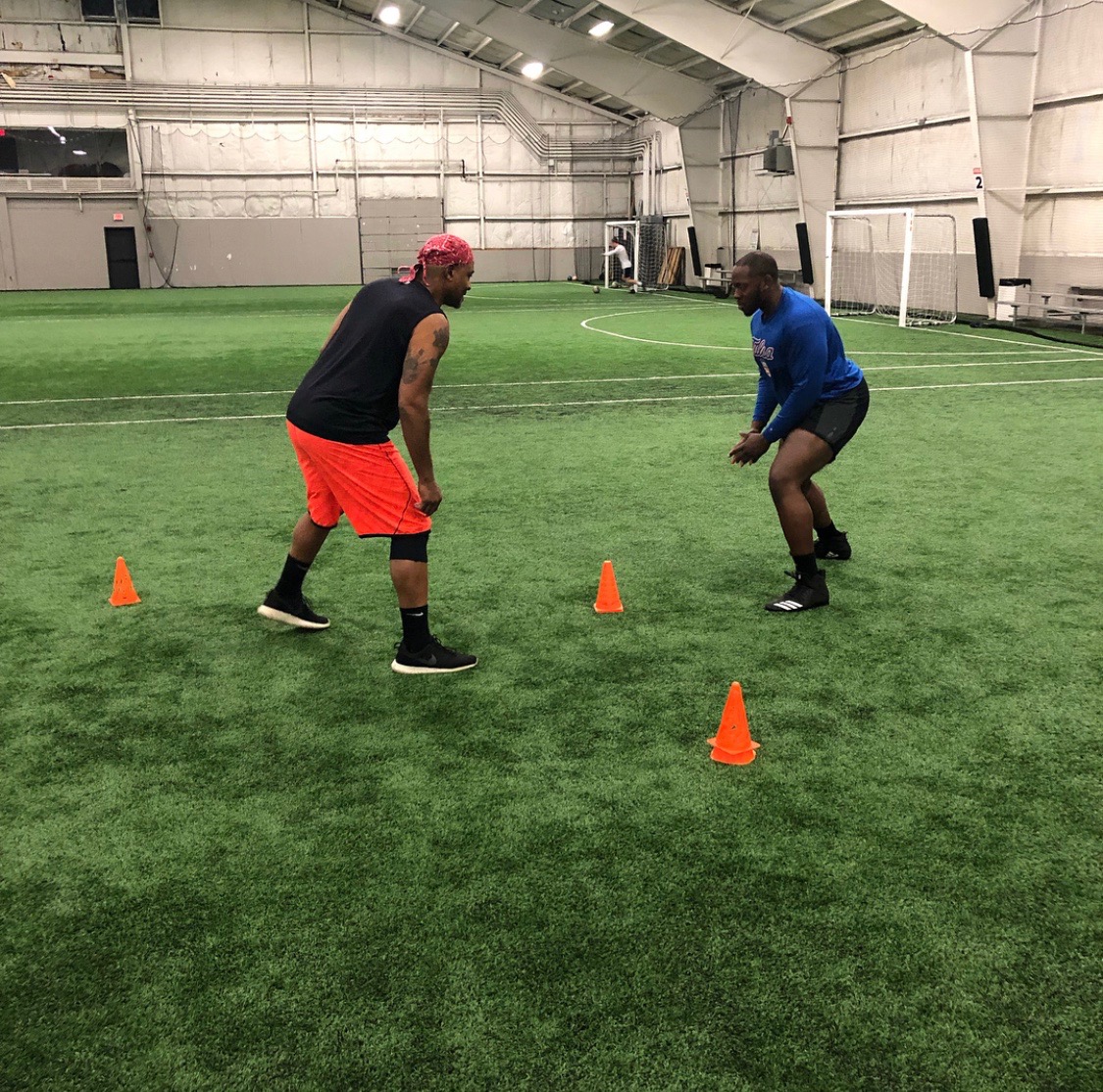
The facility has 80 employees, including trainers, administrators, facility maintenance, and customer service representatives.
“This is really a one-stop-shop for families. So, instead of driving your kids all over town… everyone can kind of show up and be in different parts of the building,” Jon says. He suggests that getting parents physically engaged is a much better (and healthier) alternative to waiting in a lobby for their kids to finish. “The way I see it, everyone walks in the building. They go their own separate ways. They come back and get in the car. And [afterward], everyone has done something better for themselves. The fact that you’re being healthy, you’re working out, and you’re sweaty—it really becomes kind of a family bond.”

At this point in his career, Jon has over three decades of experience in the health and wellness space. He says that fitness studios are seeing a distinct resurgence in popularity over the big box gyms, as people crave a personalized workout.
“There are a lot more programs and branding that’s happening for the studios that are really kind of offering very similar workouts,” Jon says. This is augmented by the technology that recently has taken over fitness mentoring, including using social media to share workout content and the automation of things that trainers don’t need to do manually anymore.
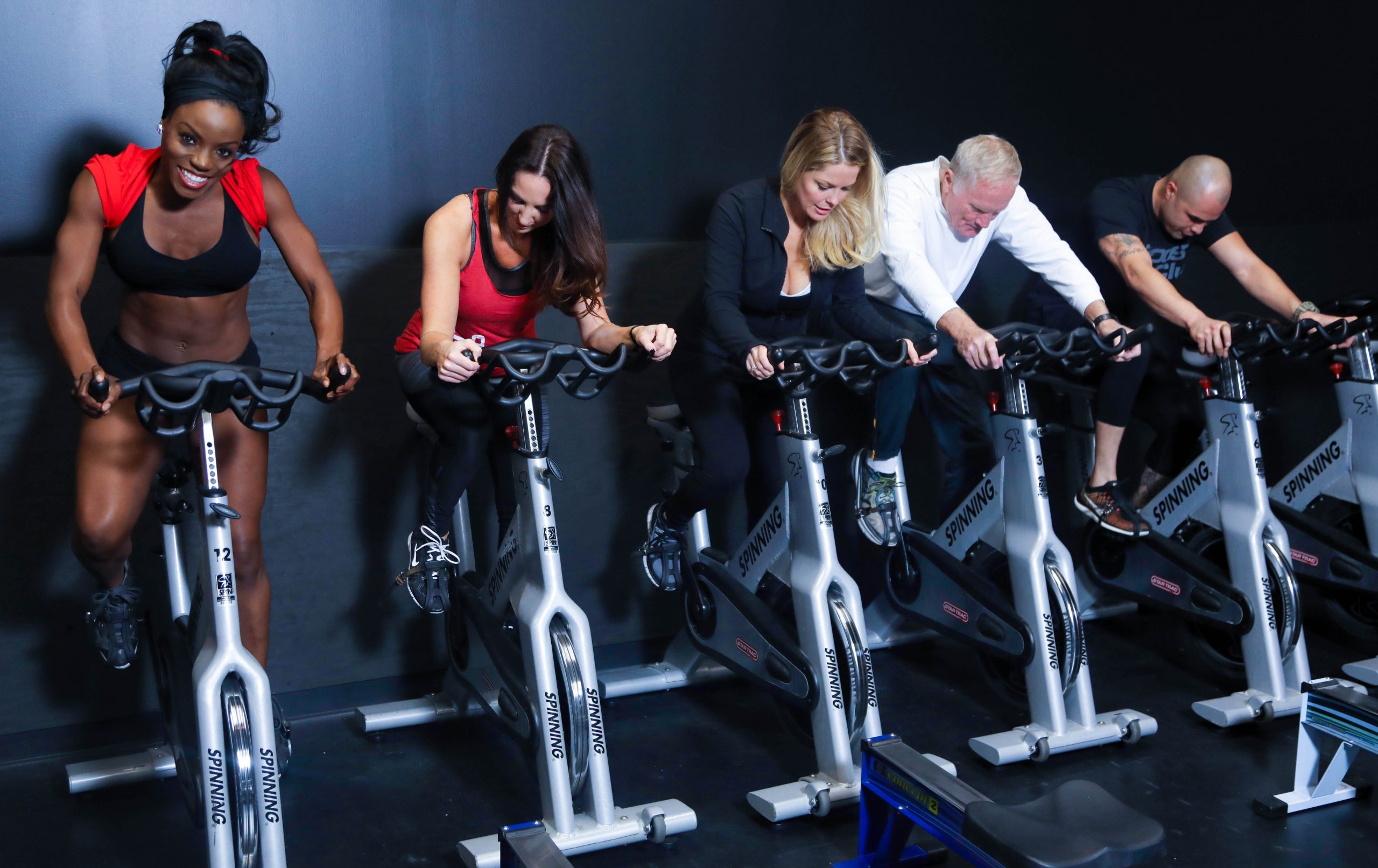
“I’m a huge fan of all that stuff—but ultimately it really comes down to being a part of a community,” Jon states. “Community is important because it brings accountability. That’s what is going to continue making working out from home hard.”
The “technology meets accountability” perks of going to brick and mortar gyms were put to the test during COVID. During the worst of the outbreak, many people were more concerned about the pandemic than they were about getting in their workout. Where other facilities would have faced obstacles, BOOST was able to rise to the challenges with its singular combination of resources. BOOST was also helped by what Jon calls a well-laid plan for cleaning and social distancing.
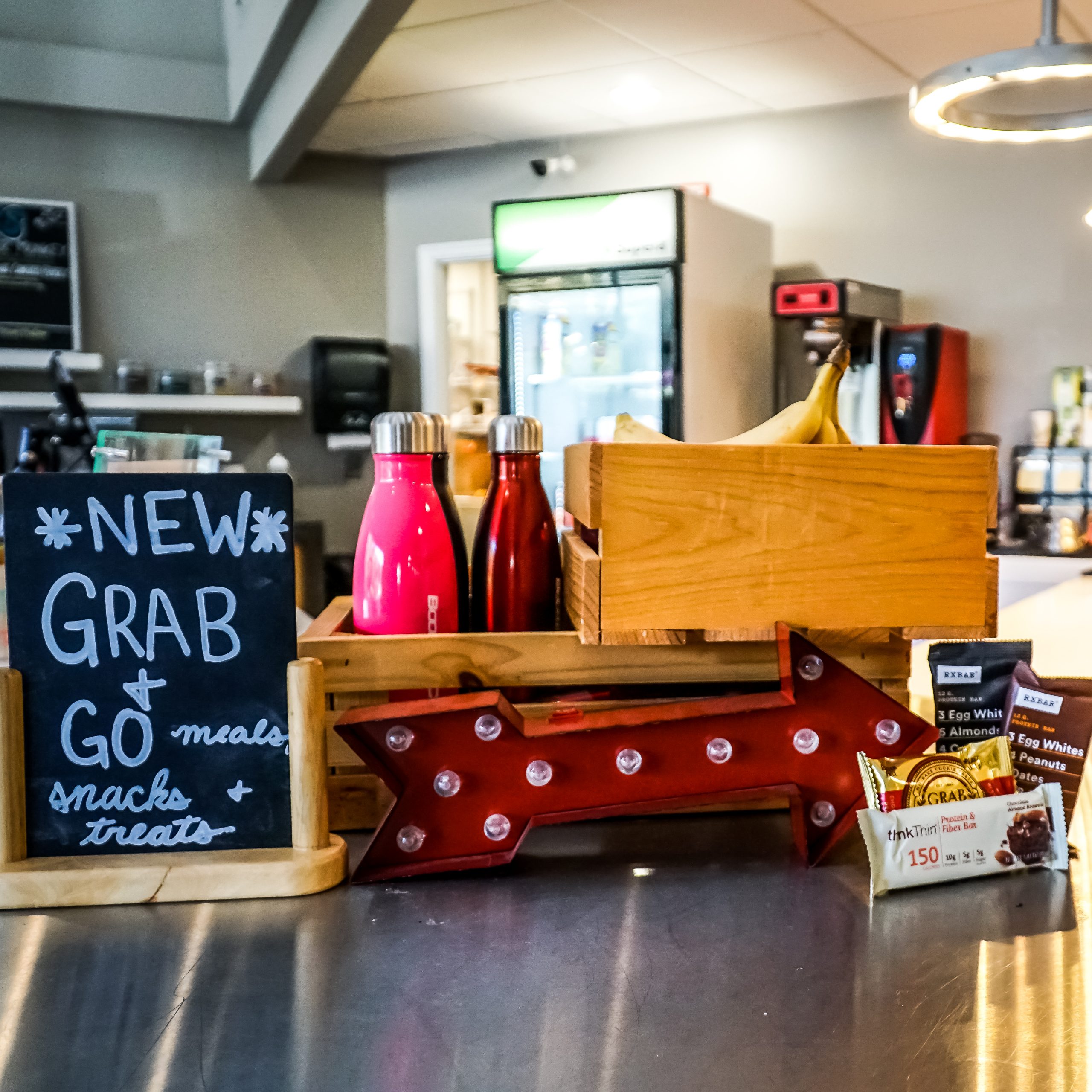
Jon explains, “I have to credit having an amazing team—including management, our business partners. It’s just that we all really stuck together, and we were trying to figure out ways to pivot during that time.” The measures the team implemented for pivoting BOOST FitClub were sending out messages, videos, and making live video calls to members for over-the-phone training sessions. The purpose was to encourage them to stay healthy and avoid unhealthy habits while at home. BOOST also teamed up with Fitness On Demand to provide virtual content to its members. While not members of BOOST per se, there were some notable personnel who came to BOOST during COVID-19. This included football players from the Tennessee Titans who wanted to continue their strength conditioning throughout the pandemic.
Once some of the restrictions loosened for COVID and people could return to the gym, BOOST opened a remote learning center. The target population was the kids of gym members who had to work, but wanted to provide their kids with a place to go for remote learning, even though schools still weren’t open. Some of the COVID efforts from BOOST—including everything in terms of athletic programs for kids—underwent major improvement while the coronavirus put the world on hold. Jon says that once people found out that BOOST could accommodate the particular wellness needs of a member or whole family, that built up the demand for activity after COVID-19. Clearly BOOST has laid their finger on the needs of their community. Jon reports, “All of our summer camps are maxed out.”
For further information about BOOST FitClub, be sure to visit their website and social media.
